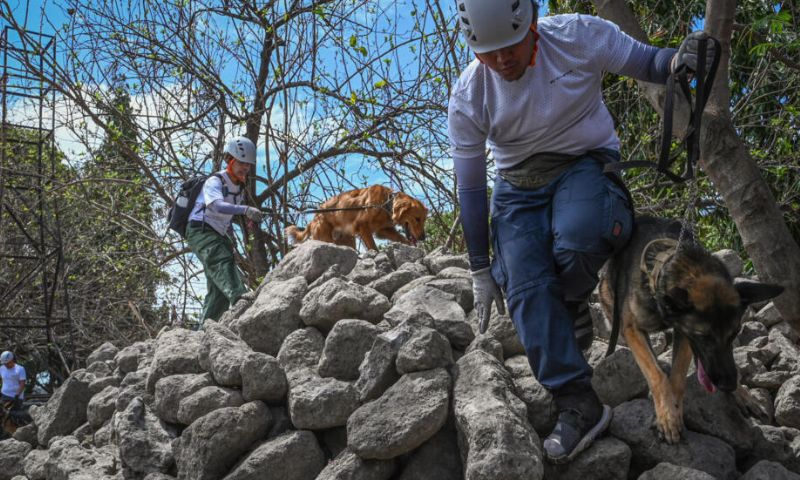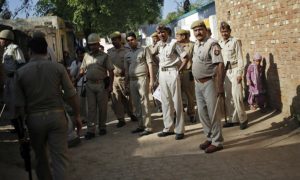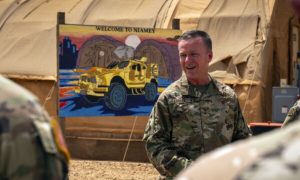MANILA: In Manila, the capital of the Philippines, a dedicated program is training pet dogs and their owners in search and rescue operations to prepare for potential disasters, particularly major earthquakes. Every Sunday, volunteer trainers work with around 46 dogs—both mongrels and purebreds—to hone their skills in finding survivors amidst rubble and other challenging scenarios.
The initiative, led by the MMDA K-9 Corps volunteer group, aims to augment existing search and rescue capabilities in the Philippines, especially in densely populated areas like Manila, which are vulnerable to seismic activity due to their location on fault lines.
Hazel, a three-year-old street mutt turned rescue dog, is among the participants. Adopted by her owner Nathalia Chua, Hazel enthusiastically follows commands to search through debris, overturned objects, and makeshift structures during training sessions. Chua’s motivation stems from preparing Hazel for the possibility of a major earthquake, referred to as the “big one,” which seismologists predict could strike Manila with devastating consequences.
The training not only equips dogs like Hazel with critical skills but also fosters strong bonds between pets and their owners. Through rigorous sessions that include finding hidden individuals and navigating obstacles, dogs gradually become more confident and responsive.
For many participants like American chef Jon Hrinyak, training their dogs for search and rescue represents a chance to potentially save lives in future disasters. Despite the challenges and uncertainties, owners and their canine companions remain committed to being prepared for emergencies, with the belief that even one life rescued makes the effort worthwhile.
The MMDA K-9 Corps has trained approximately 700 dogs since launching the program in 2016, aiming to expand their reach to include at least 3,400 dogs across Manila. The initiative underscores the importance of proactive disaster preparedness and community resilience in the face of natural calamities.
























